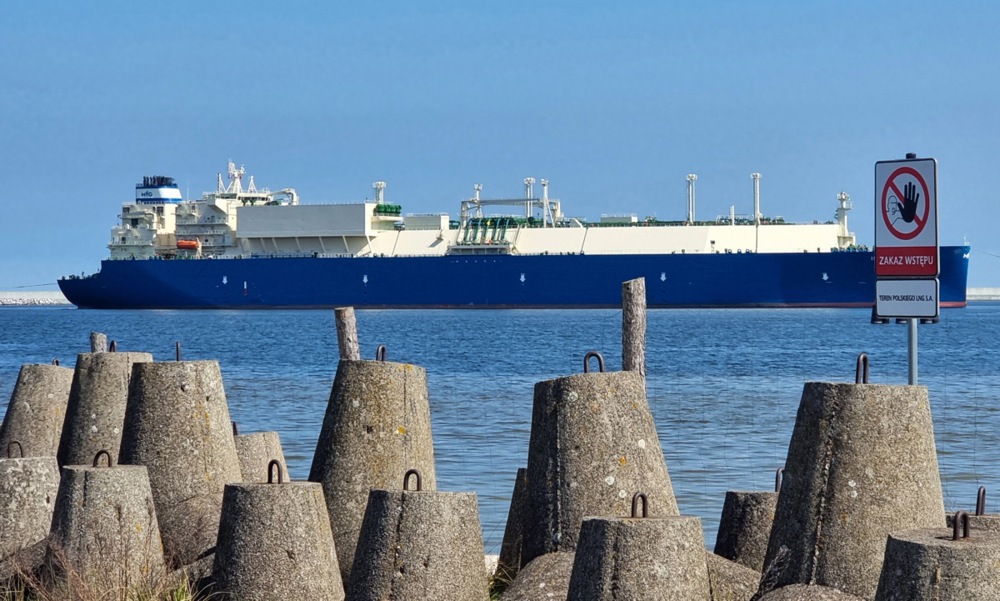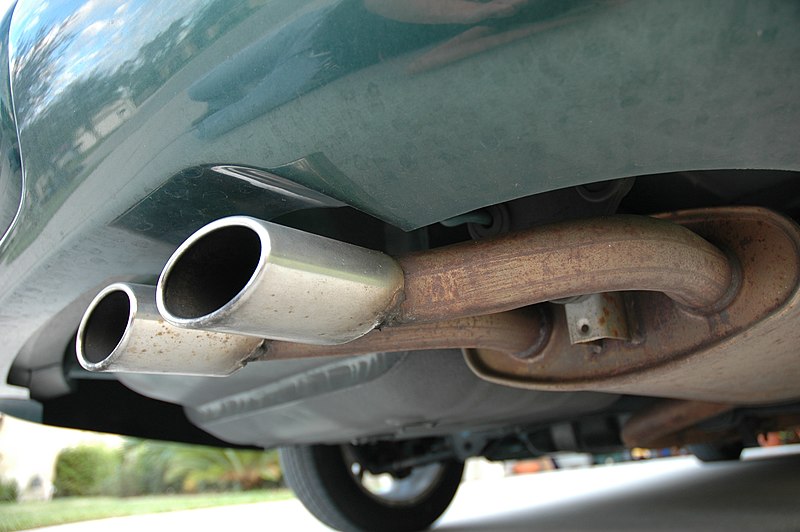Germany’s border controls on its frontier with Luxembourg, which Berlin said had been designed for security and migration, were “absurd”, according to Luxembourg.
“Schengen must be alive,” Luxembourg’s interior minister León Gloden wrote on X on April 8. He was referring to the Schengen area, a zone where 29 European countries have abolished border controls at their common borders, allowing for free movement of people, goods and services.
“These controls at Germany’s borders generally make no sense,” railway policy commentator and blogger Jon Worth told Brussels Signal on April 8.
The outgoing centre-left government of Chancellor Olaf Scholz introduced the border controls following a deadly August 2024 knife attack by a Syrian asylum seeker in the German city of Solingen.
German interior minister Nancy Faesar had told reporters in September 2024 the then-new border checks were an effort to show the public the government was “strengthening our internal security through concrete action and we are continuing our tough stance against irregular migration” .
In December, when Faesar indicated the border controls would likely be extended beyond March 2025, Gloden said he was only informed about the plan via the press.
Faeser introduced “temporary” border controls on its shared land crossings with France, Luxembourg, the Netherlands, Belgium and Denmark on September 16, initially lasting six months.
Berlin had imposed controls already in 2023 on its borders with Poland, the Czech Republic, Switzerland and Austria.
In February, Luxembourg Prime Minister Luc Frieden wrote a letter of complaint to the European Commission. He decided not to take Germany to the European Court of Justice (ECJ) as that was “not the right answer”, he told Luxembourg’s parliament.
An ECJ case would take up to three years and a new German government would be in place after the country’s elections.
Legal experts in Luxembourg have disagreed with Frieden’s assessment.
“Infringement proceedings do not last three years, but usually one-and-a-half years, Jörg Gerkrath, professor of European Law at the University of Luxembourg, told Luxemburger Wort April 8.
Meanwhile, the ECJ could impose interim measures and “oblige the Federal Republic of Germany to suspend the controls until the judgement in the main proceedings is handed down”, he added.
For a small, landlocked country, 221km of Luxembourg’s 359km frontiers have remained border-control free.
“I cross the border between Belgium and Luxembourg. There is no control,” Michael Bocklandt, technical manager at a Luxembourg-based company, told Brussels Signal on April 8.





